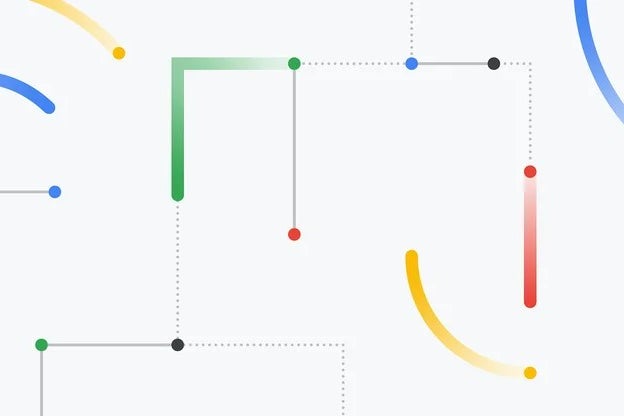Alphabet Inc’s Google has launched its latest AI chatbot, Bard, to compete with OpenAI’s ChatGPT. Unlike ChatGPT, Bard is designed to complement Google’s search engine. Bard aims to boost user productivity and accelerate their ideas, as well as fuel their curiosity. Users are invited to test Bard and provide feedback to improve its capabilities. However, the company acknowledges that large language models are not without their faults. Google is cautioning users to be aware of the limitations of the technology, and the company has built in guardrails to limit interactions. The launch of Bard shows that the race to incorporate generative AI into products is well underway, and companies are eager to show leadership in the field.
Alphabet Inc’s Google has announced the launch of its latest AI chatbot, Bard, to compete with OpenAI’s ChatGPT. Bard is designed to complement Google’s search engine, unlike ChatGPT, which has replaced search engines for many users. The AI experiment is powered by Google’s smaller, optimized version of its large language model, LaMDA. Bard aims to boost user productivity and accelerate their ideas, as well as fuel their curiosity. Google is inviting users to test Bard and provide feedback to improve its capabilities. However, the company acknowledges that large language models are not without their faults. Bard is prone to making up facts and can propagate biases and stereotypes found within the internet data on which it was trained. The tool is still likely to offer incorrect or misleading information. Microsoft’s new Bing chatbot is another generative AI product competing with Google’s Bard and OpenAI’s ChatGPT. Nevertheless, Google is cautioning users to be aware of the limitations of the technology, and the company has built in guardrails to limit interactions. The launch of Bard shows that the race to incorporate generative AI into products is well underway, and companies are eager to show leadership in the field.
Don’t miss interesting posts on Famousbio









